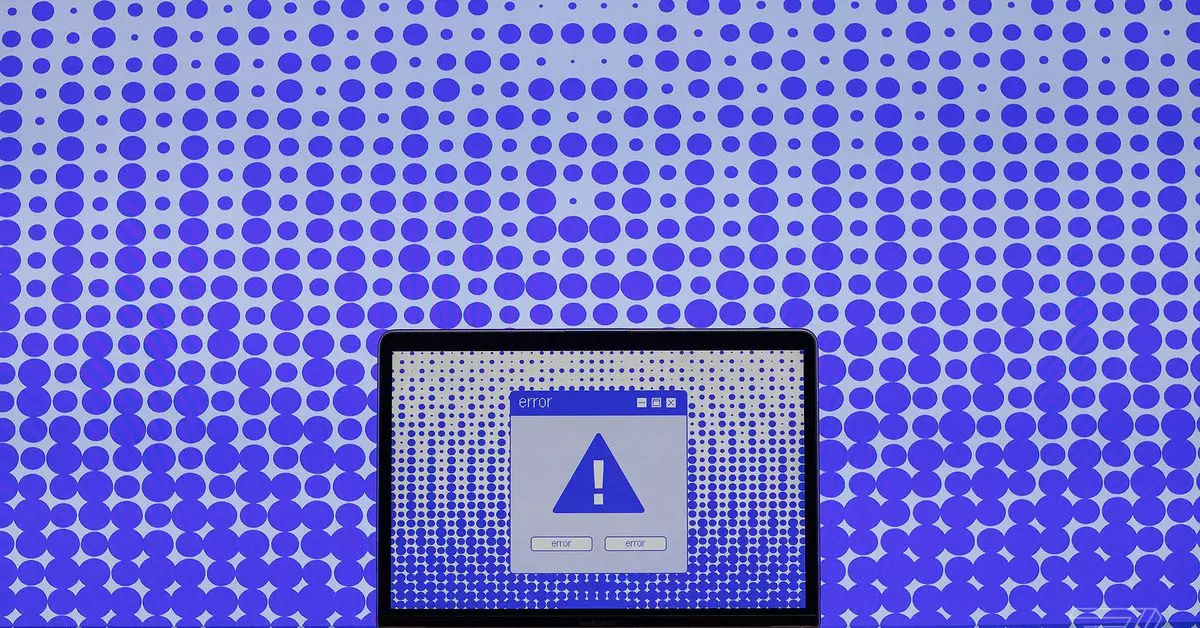The recent cyberattack on the Internet Archive has sent shockwaves through the digital community, sparking concerns over the safety and security of vast collections of online information. This incident, which involved a data breach alongside a Distributed Denial of Service (DDoS) attack, has compromised the personal details of over 31 million registered users. Notably, this breach uncovered sensitive information, including email addresses and password change timestamps. Such incidents raise alarms about the vulnerabilities faced by online databases that house significant amounts of data and resources.
In response to this alarming breach, Brewster Kahle, the founder of the Internet Archive, has provided reassurances that despite the disruption, the data remains intact. Kahle announced that while the Internet Archive’s services are currently offline for examination and strengthening of their security infrastructure, there is a commitment to restoring access within a few days. Users attempting to visit the site, however, will encounter a notification indicating temporary offline status. This proactive approach indicates a level of transparency and accountability but also highlights the need for robust security measures in an increasingly digital world.
For many, the Internet Archive represents a vital gateway to a wealth of knowledge, historical documents, and cultural artifacts. The outage affects not only researchers and educators but also individuals who rely on these resources for personal enrichment and exploration. The inability to access the Wayback Machine—a tool that allows users to view archived versions of web pages—poses a significant hinderance to information retrieval. The incident also exemplifies the fragility of digital heritage in the face of unforeseen cybersecurity threats, prompting a reevaluation of how such digital assets are protected.
The response from the online community has been multifaceted, with many voicing their concerns over the fine line between digital accessibility and privacy protection. Troy Hunt, founder of the data breach notification site Have I Been Pwned, highlighted the implications of this breach by confirming receipt of a file containing stolen data. This revelation underscores the critical importance of user awareness in maintaining online security integrity. It serves as a reminder that even reputable organizations are not invulnerable and that constant vigilance is essential.
Moving forward, the Internet Archive faces the dual challenge of restoring its services while enhancing its cybersecurity framework to prevent future incidents. The words of Brewster Kahle resonate as a pledge towards resilience, suggesting that the organization will not only recover but will also come back stronger. This experience should catalyze a broader discourse on digital security standards across organizations that host sensitive data, encouraging them to invest in more advanced protective measures. Ultimately, the lessons drawn from this event may pave the way for more secure digital repositories, ensuring that access to information remains unhampered by threats in the ever-expanding online landscape.


Leave a Reply